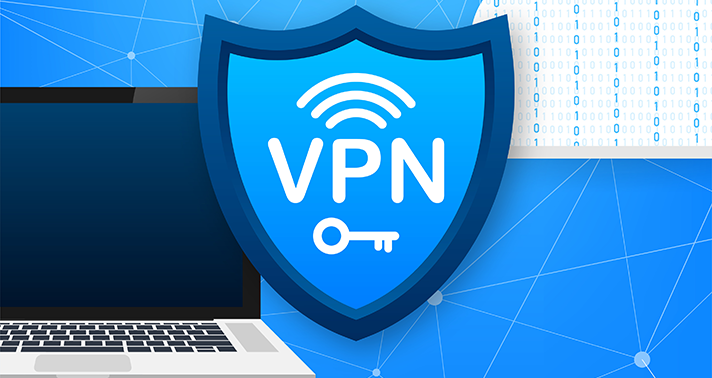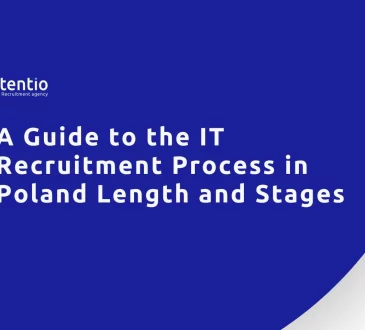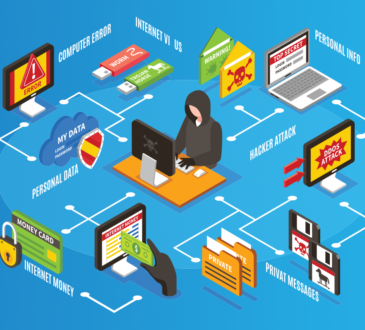
Introduction
There are a variety of advantages to using a virtual private network. Virtual private networks (VPNs) have gone from being an unknown network to becoming a multibillion-dollar industry. You’ve seen the advertising for virtual private networks (VPNs) on your favorite YouTuber’s channel, in podcasts, and even during the Super Bowl. They promise anonymity and content unlocking. Could you please tell me if the products are as advertised? VPN for Windows can be helpful tools for preserving your privacy, but you need to know how they operate to determine if they will benefit you. We explain the benefits and drawbacks of virtual private networks (VPNs) to help you decide which one is right for you.
What Is A VPN?
By hiding its IP address, VPN software protects your privacy online. You’re sending information to servers in different countries, and the program encrypts it all along the way. A virtual private network (VPN) is the way to go if you want to remain anonymous while surfing the web. Although the most common usage of the term “VPN” refers to a commercial VPN offered to end users in their daily lives, the concept of VPNs extends much beyond this.
Why Do You Need a VPN(Virtual Private Network)?
So, now that you know what a VPN is, why would you want to use one?
● Security on Public Wi-Fi
Convenient as public Wi-Fi may be, its lack of security is a major drawback. Someone can monitor your internet behavior even when you’re at a local coffee shop or the airport, responding to emails, or mindlessly browsing social media. Using a virtual private network (VPN) can prevent hackers from gaining access to your personal information while using public Wi-Fi, mobile data, or any unsecured connection.
● Data Privacy From Your Internet Service Provider
In contrast to using a public network, your home network has less risk of being attacked by an outside party. Your information is still at risk, though. If you pay a monthly fee to an ISP like Comcast, Spectrum, Verizon, etc., they have full access to all of your online activity. When, where, and how you use the Internet are all trackable by your ISP. Even while utilizing the “private” browsing mode, this information can be gathered and sold to advertising; in the wrong hands, it can be quite hazardous. A VPN UAE is the way to go if you want to hide your IP address from your ISP.
● Data Privacy From the Apps and Services You Use
It’s not just your ISP that could put your home at risk of being invaded by hackers. Many of the apps and websites we love — Facebook, in particular — have been criticized for their questionable handling of user data. A virtual private network will mask your IP address, making it impossible for websites and apps to track your online activities. Furthermore, it might restrict tracking your physical location and browsing habits.
● Data Privacy From Your Government
Many internet service providers (ISPs), apps, and internet data hubs claim they do not sell user browsing data to governments; yet, this data still makes its way into governments, including the United States. After the public became outraged by the Snowden leaks, various pieces of legislation were passed to limit government spying.
According to the New York Times, in January of this year, the Defense Intelligence Agency paid up to third-party data brokers to provide them with customer phone records without first obtaining orders from a judge. If you’re concerned about government snooping, a virtual private network (VPN) is a smart way to keep your data secure.
● Access to Any Content in Any Place
Although Hulu disapproves of your use of a virtual private network (VPN) to watch the current episode of Criminal Minds in a region where it isn’t available, doing so is not illegal (in the United States or most other countries) and can be a handy workaround to content limitations. As you browse the web, it will appear as though you are in another country, thanks to the location spoofing abilities of a virtual private network (VPN). If you need service for Criminal Minds and can’t find it in your area, don’t worry; you can still obtain it!
● Security When Working Remotely
Data encryption is a feature that VPNs offer that is useful. Encryption or encoding data, such as concealed meaning, is useful for protecting sensitive data. One advantage of investing in a virtual private network (VPN) for your business is that employees can access company data from their own devices, even when they are not physically in the office. VPNs are useful for ensuring the security of sensitive data when processed away from the office, which may be necessary even after the pandemic has ended.
● Adaptable to Numerous Smart Devices
While many of us will likely test VPNs on borrowed work laptops, most VPN services provide security for your smartphones, tablets, and desktop PCs. Many VPN services include packages that let you stay secure on many devices, while the exact features and capabilities vary by provider.
● Smart Savings
For those ready to put in the time and effort, a VPN’s ability to disguise your location can result in significant cost savings. Airlines and other subscription services are only two examples of enterprises that provide the same services and perks for varying costs. You can save a lot of money if you fake moving to a place where services are less expensive.
Conclusion
Censorship, data breaches, and identity theft are increasing, making security and privacy more crucial than ever. You’ve reached the stage where a virtual private network (VPN) is essential for your online safety and freedom from censorship. With any luck, the information presented here will shed some light on the subject of virtual private networks (VPNs), making it easier for you to comprehend how they function, what to search for in a VPN service, and how to eliminate those VPNs that aren’t a good fit. Depending on your location, the Internet may not be accessible to you without a Download VPN for PC.
For more valuable information visit this website





